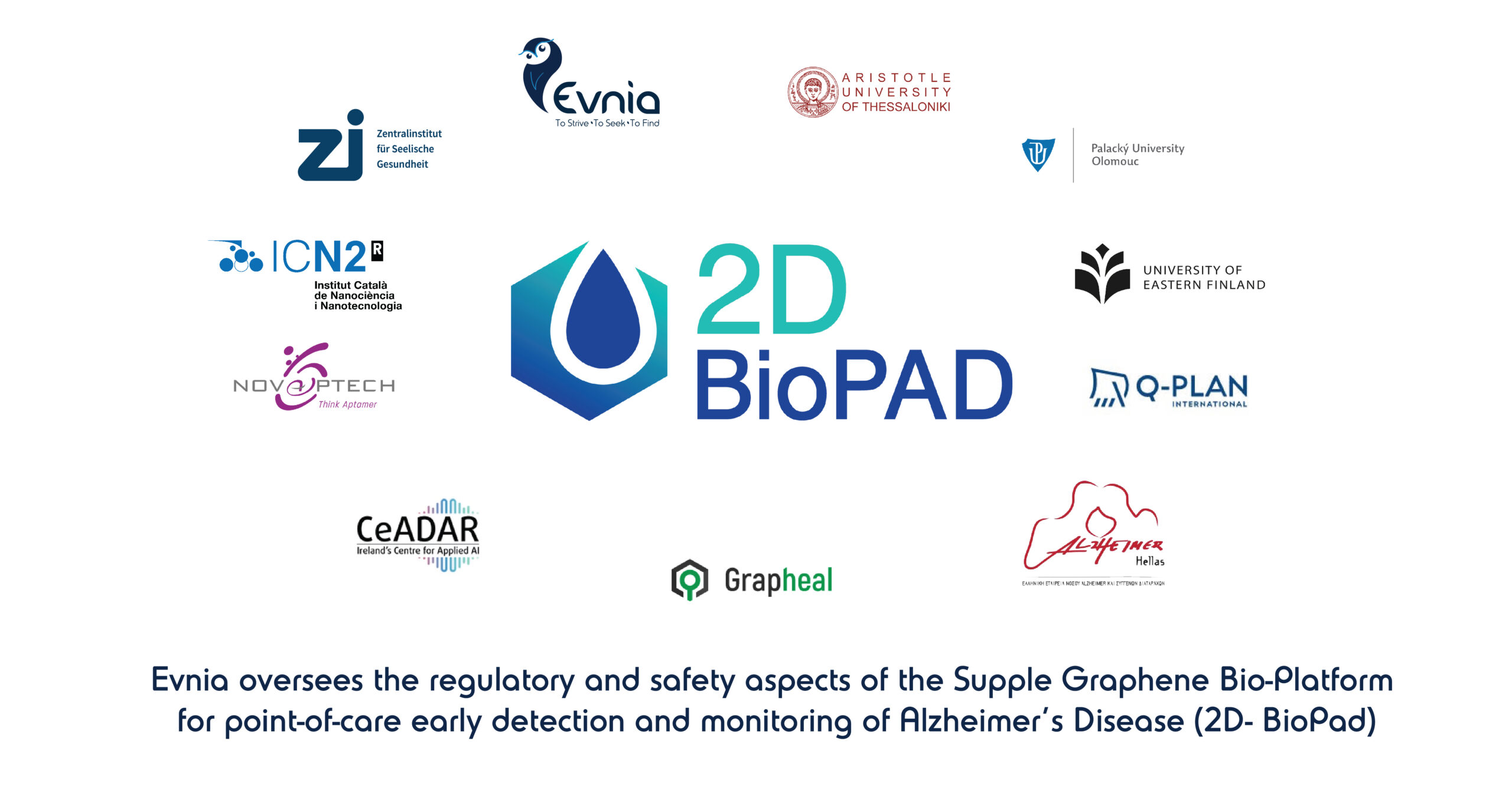Alzheimer’s Disease (AD) is the most prevalent form of dementia. With more than 1 in 9 people aged 65 and older having AD, the disease is one of the most severe factors driving brain dysfunction in elderly people. It is expected to affect roughly 18.8 million people by 2050 in Europe alone, with an enormous financial burden for healthcare, long-term care, and hospice (over $355b just in the US in 2021, without including an additional ~$257b in unpaid caregiving) at a global scale.
For caregivers, AD poses an additional emotional and psychological burden, often leading to substantial levels of stress and a higher likelihood of experiencing depression, anxiety, and other symptoms. Perhaps more importantly than all, the incidence and mortality due to AD keep rising, with an increase of 145.2% from 2000 to 2019, while heart diseases have decreased by 14%. This situation will worsen due to population aging; life expectancy in Europe is expected to increase by ~10% in 2065 reaching 92.8 years for women and 90.5 years for men
Recognizing the need for early diagnosis of AD, 2D-BioPAD aims to create a cost-effective, non-invasive point of care/self-testing tool for the early and accurate prognosis (assistive diagnosis) of AD, with a special focus on earlier stages such as Subjective or Mild Cognitive Impairment (SCI/MCI).
The Supple Graphene Bio-Platform for point-of-care early detection and monitoring of Alzheimer’s Disease or 2D- BioPad aims to revolutionise the detection process with a screening system to be used by primary care professionals. Using a graphene point-of-care in vitro diagnosis and combining DNA and nano technologies, 2D-BioPad supports the identification of the reversible causes of AD and prevents the patient’s hospitalisation, while providing better disease monitoring, better response to treatment, and improved quality of life for both patients and their families.
Evnia proudly supports the 2D-BioPAD project in providing specialist knowledge on:
- Regulatory Affairs: to provide guidance on technical, regulatory, and clinical requirements to ensure regulatory approval of the 2D-BioPAD system in Europe.
- Ethics Considerations: to detail ethical principles to be applied in the project guiding product development in an ethically acceptable manner.
- Online Surveys: to plan, conduct, and report results of online surveys performed in a European audience to explore and describe the needs, concerns, and barriers regarding Alzheimer’s Disease (AD) and introducing a point-of-care in vitro diagnostic system for early Alzheimer’s disease detection.





